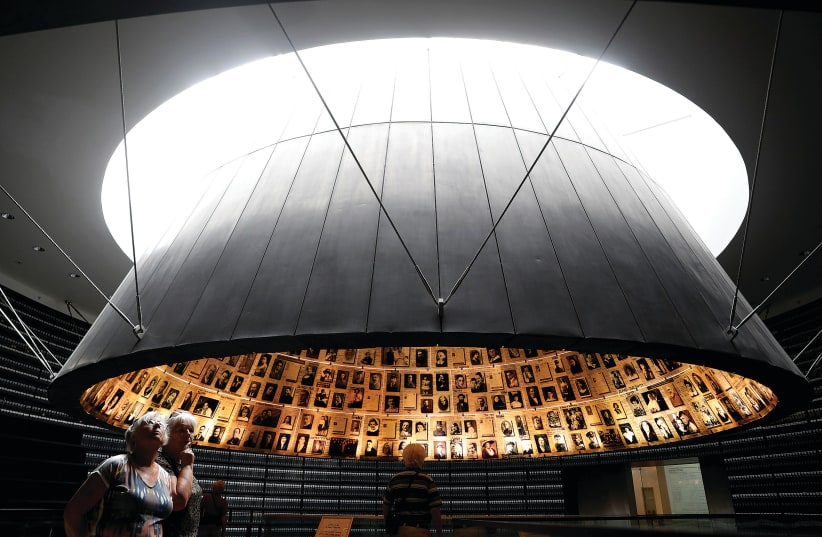75th anniversary of liberation of Auschwitz to bring close to 40 world leaders to Israel
At least 36 world leaders, among them three monarchs and Russian President Vladimir Putin, will be in Israel’s capital on January 22-23 for the Fifth World Holocaust Forum (WHF).
